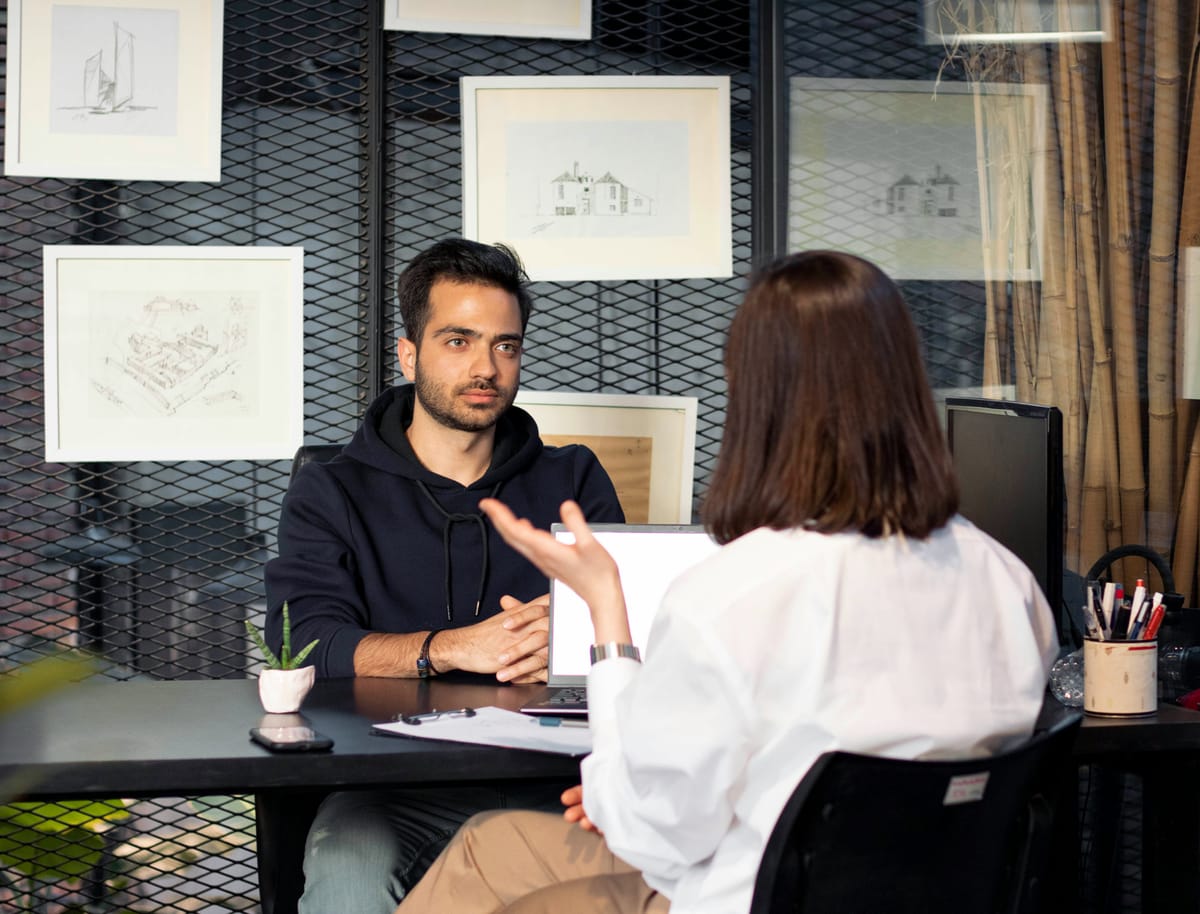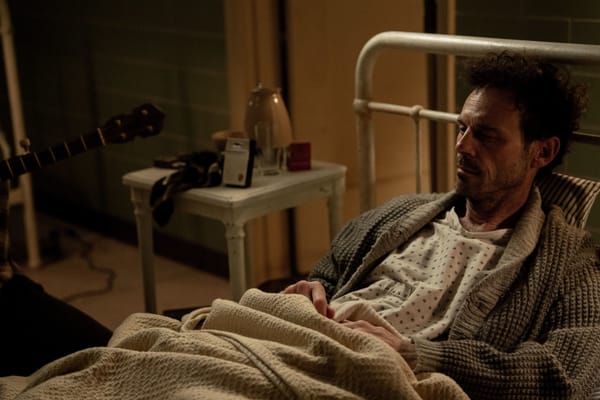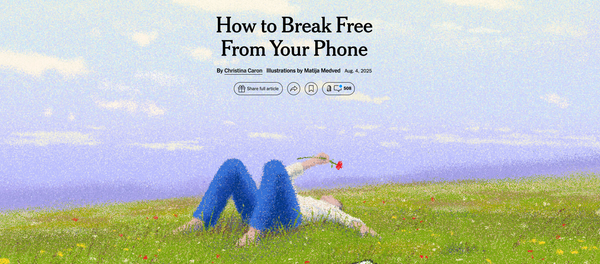The Power of Recorded Conversations
Insight, affect, engagement, and more!

I spent a chunk of yesterday editing some audio I recorded recently and can't wait to share with y'all. This will be my first "subscribers only" (or rather "subscribers early") content, and I'm hoping to get it ready in time to share it before our family vacation. More soon on that front.
Even though I'm learning a very different approach to editing, I found yesterday's experience familiar. It put me back in touch with some of the many benefits of recording conversations for surfacing and sharing wisdom.
Since I'm gearing up to add the podcast component to this newsletter / podcast/ book (?) project, this felt like a good occasion to share them.
For many of us, conversations feel less laborious
"Kyle would rather talk than write," my mother replied in my third grade teacher's early-year parent survey.
(As the parent of an increasingly hyper-verbal child of my own, this memory now hits different. Thanks for hanging in there, Joanne and Chris—then and now!)
But in all seriousness, I suspect that statement is true for many, many people. And it's perfectly reasonable. Writing can be a difficult and lonely activity, even for those of us who love it.
In my working experience, "Would you have a conversation with me about ____?" is almost always an easier ask then "Would you write 800–1200 words about _____?"
As someone who believes we have a TON of education and formation wisdom residing in the minds and embodied in the practices of busy church leaders, I think the goal of tapping and sharing that wisdom is more achievable if it's a matter of chatting with those leaders, rather than asking them to squeeze in solo writing sessions.
Conversations are often more emotionally transparent
Radio producer Alex Blumberg calls audio the most honest medium. Of course he's biased, but I'm inclined to agree.
Human voices—as well as the social and biological systems by which we make sense of them—are truly astonishing. In particular, there is often much emotional information bound up in how a person is speaking in a particular moment.
Are you bored right now? Scared? Passionate? Pissed off? Although everyone's biological and neurological abilities to hear and/or express vocal affect are different, there's a good chance that hearing you speak about something will impart more richness for a listener than reading a transcript would have.
Responding to another lets us be surprised
I've written here before about how surprise can be a kind of learning clue. A conversation is, by definition, co-creative. All the speakers who participate are helping to shape the direction of what gets covered, and how.
Sometimes, one of those speakers will ask something, or say something, that surprises the other. An unexpected association, a long-forgotten insight, or a compelling moment of connection or disconnection might be the result.
At the very least, such moments usually make "good tape." But sometimes they produce important breakthroughs, or clarify a place where someone's understanding is falling short.
**
I don't know if this one deserves its own heading, or what it would be, but the last thing I'll say is that recording a conversation provides an opportunity for a particular kind of intimacy. Something strangely beautiful happens when you listen to a person's voice over and over and over again, such as when you're trying to get a podcast edit just right. There are still little turns of phrases, little scenes from stories, and all kinds of other details that have stuck with me from my days editing The Way of Love with Bishop Michael Curry in particular, since it was such a tightly edited show.
It's about the repetition, sure. But I think it's also about the prolonged, hyper-focused attention. And that can actually happen during the interview or conversation itself, not just when breaking down the tape.
I love talking to a person, rather than reading their essay or book, because the direct, embodied presence of another human being draws me in so much deeper.
Your mileage may vary on all of the above. But if you have the audio bug, like I do, I hope you'll start getting excited for the podcast installments of this project.



